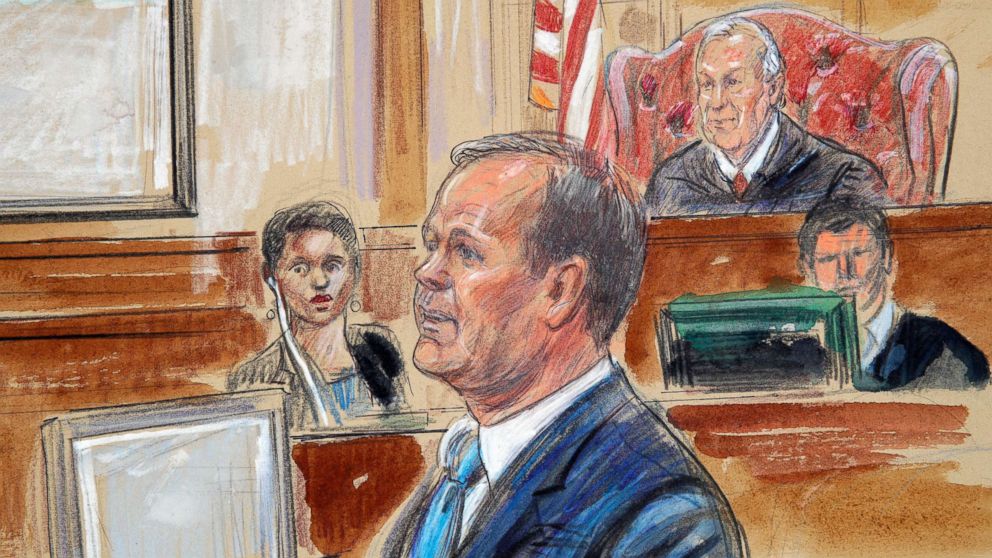3 key scenes from Paul Manafort's trial
The ins and outs of the trial against former Trump campaign manager Paul Manafort have been watched with great interest as it marks the first significant trial to spring from Special Counsel Robert Mueller's ongoing investigation of Russian interference in the 2016 elections.
Manafort is facing charges of evading taxes on more than $60 million of income earned working for Ukrainian politicians, which allegedly stem from the years before he became a part of President Donald Trump's 2016 campaign. He entered a not guilty plea to all charges.
The jury has yet to signal that it has reached eagerly anticipated verdicts on the various charges. Here's a rundown of the biggest flash points in the trial.
1. His former business partner details their crimes
One of the most closely watched portions of the trial came when Rick Gates, who used to be Manafort's close business associate, was called to testify over the course of three days.
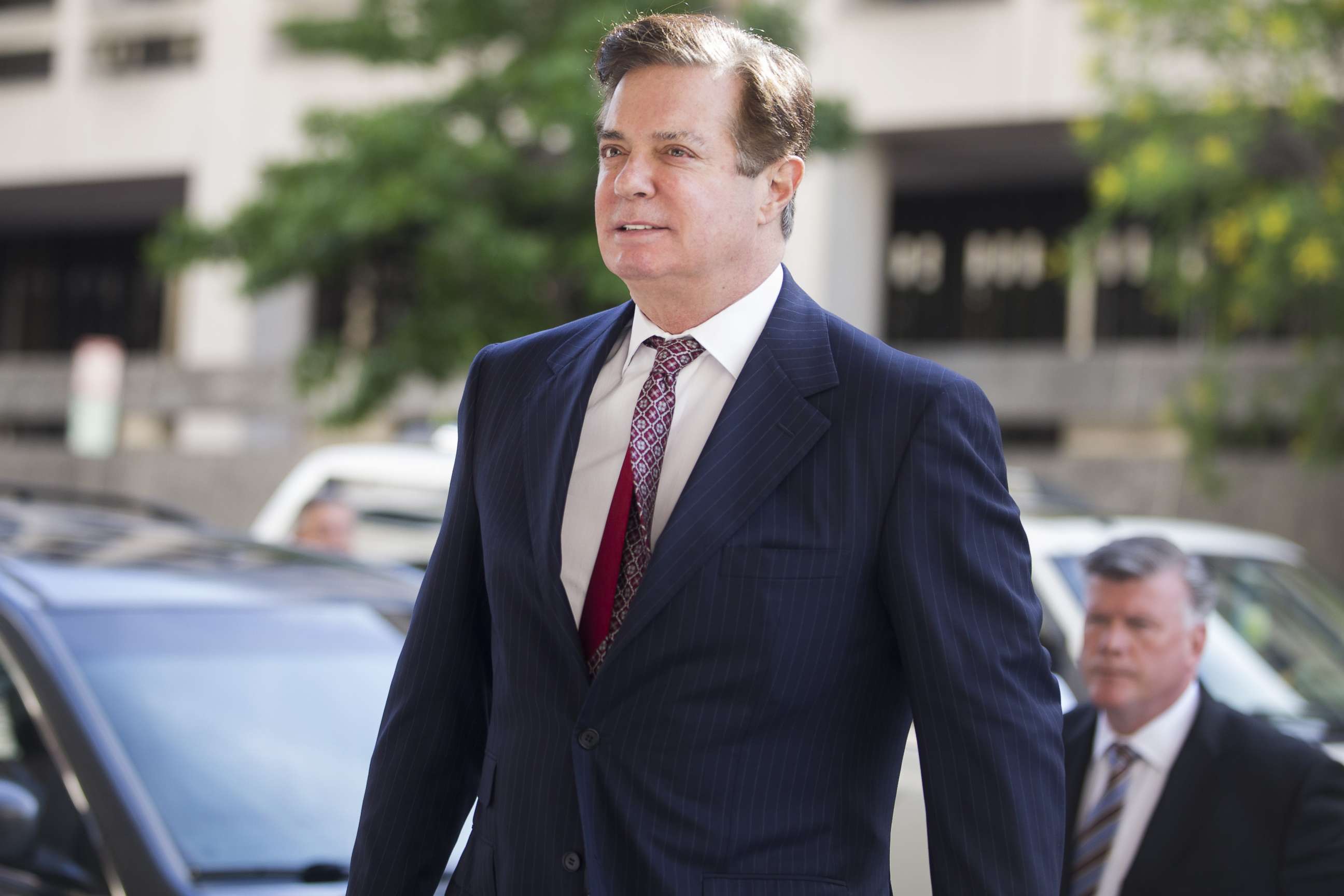
During his testimony on Aug. 6, Gates told jurors he and Manafort failed to report over a dozen offshore accounts to the government and admitted to shielding several million dollars over the years, all of which was done “at Mr. Manafort’s direction,” Gates said.
Gates pleaded guilty in February to charges of conspiracy against the United States and lying to federal authorities. Having initially been charged alongside Manafort, Gates has since cooperated with the special counsel as part of their investigation into Russian meddling during the 2016 campaign, telling the court on Monday that he’s met with Mueller’s team “about twenty” times. He has not yet been sentenced.
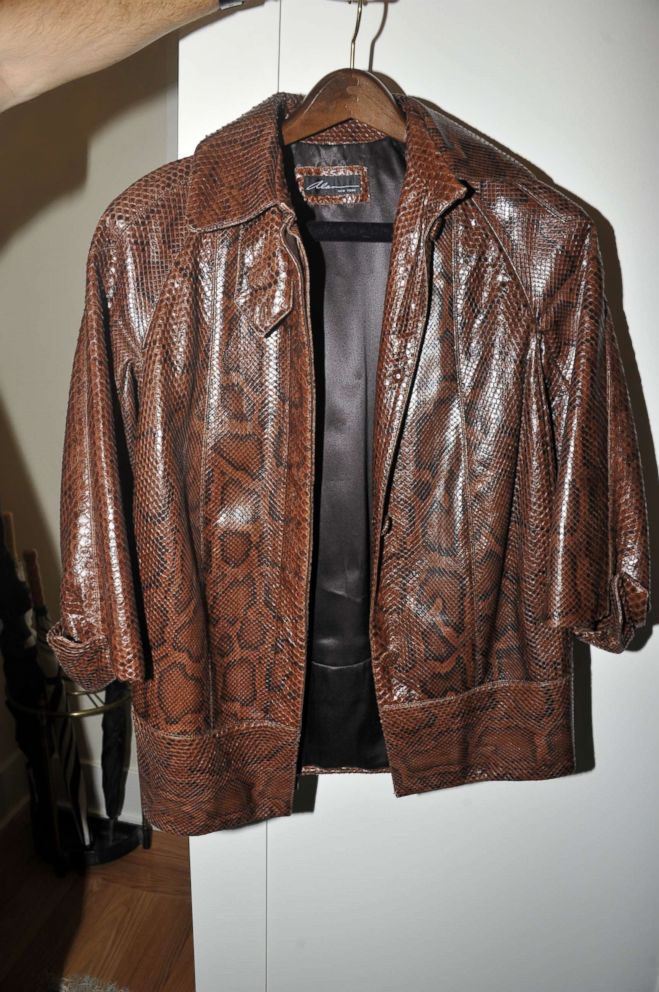
As part of his plea agreement, Gates confessed to “knowingly and intentionally” conspiring with Manafort to commit a bevy of bank and securities fraud, as well as act as an unregistered foreign agent in conjunction with Manafort’s work in Ukraine.
2. Raiding Manafort's closet
The most dramatic moments in the trial included the jury's exposure to Manafort's lavish lifestyle and his sartorial pursuit of some of the finest clothes in the world.
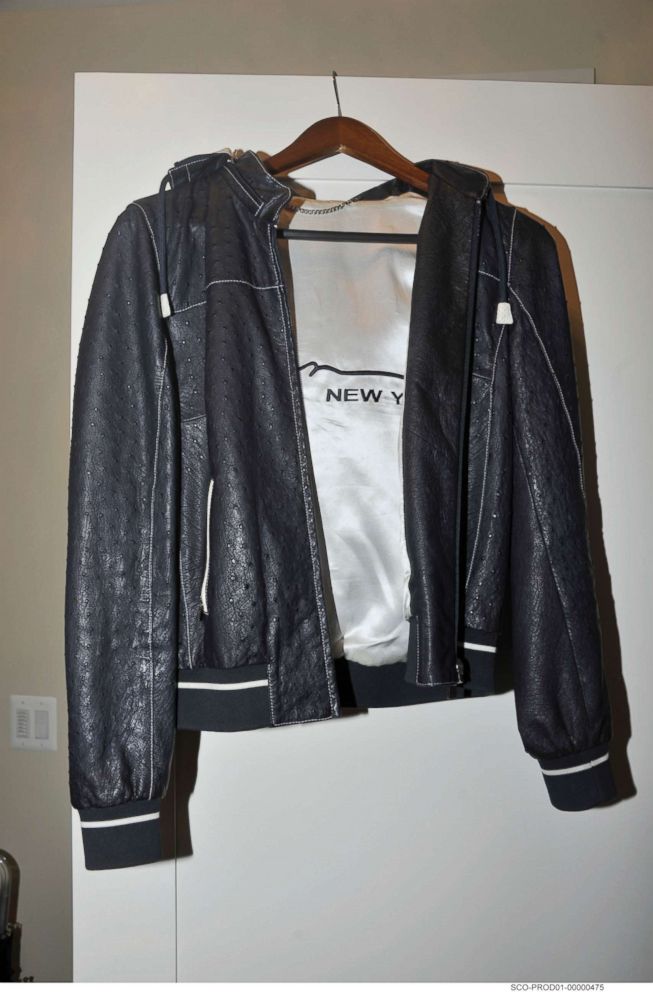
Prosecutors detailed millions of dollars spent on home improvements and hundreds of thousands of dollars spent on designer suits.
One item that caught everyone's attention was placed into evidence by prosecutors: Manafort's $15,000 ostrich jacket.
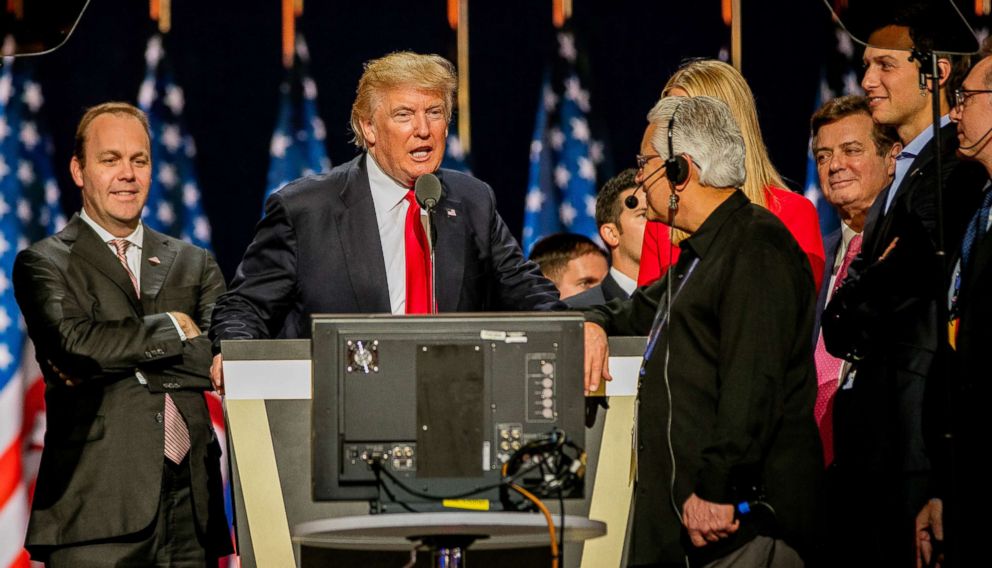
And while Manafort is not accused of committing any crimes of fashion, prosecutors spent a good deal of time during the case trotting out a host of pricey, extravagant clothing that Manafort owned.
The chief financial officer for a fashion brand called House of Bijan, which calls itself "the world's most expensive store," testified that the pricey garments Manafort purchased there were examples of "wearable art."
Manafort is alleged to have spent nearly $1 million on suits between 2010 and 2014.
Prosecutors also pointed to spending that extended beyond Manafort's closets. The owner of a home improvement company described Manafort as a longtime customer, who spent more than $3 million renovating his homes in Trump Tower, Brooklyn, and the Hamptons.
3. The judge stood out
Judge T.S. Ellis is a 30-year veteran of the bench, but his time in the spotlight during this trial brought a new wave of interest in his style and stances.
His seemingly harsh treatment of government prosecutors at times stunned observers and stole the spotlight.
At one point, he warned attorneys on both sides to "rein in your facial expressions," and made biting comments about the media, telling jurors that tuning out TV or radio - as is required during such a trial - "might be more pleasant" for them.
The attempts by prosecutors to bring more details of Manafort's lavish spending forward prompted criticism from Ellis, saying that prosecutors need not "gild the lily."
"The government doesn't want to prosecute someone because they wear nice clothing, do they?" Ellis said.
ABC News' Katherine Faulders, Trish Turner, Pete Madden, Lucien Bruggeman and Allison Pecorin contributed to this report.
